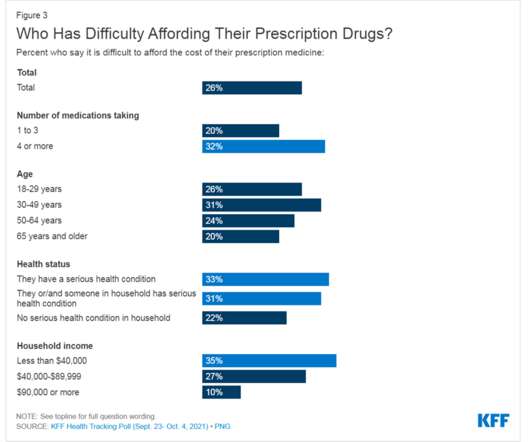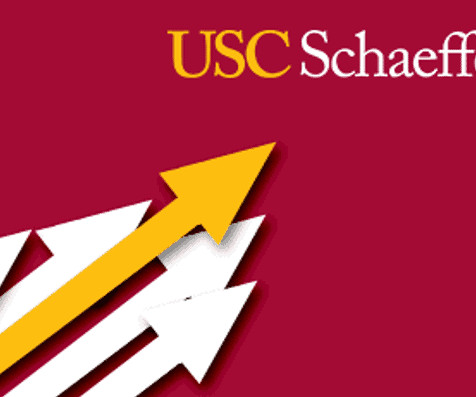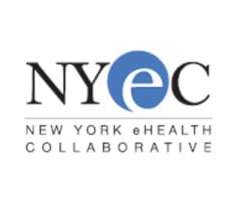What If Costco Designed the Prescription Drugs Sales Model?
Health Populi
JUNE 5, 2022
Consumers Overpay for Generic Drugs , a new paper from the Leonard Schaeffer Center for Health Policy & Economics asserts, with recommendations to address the intermediaries who benefit from the way Americans currently pay for medicines. health citizens access to high-value and lifesaving meds.













Let's personalize your content